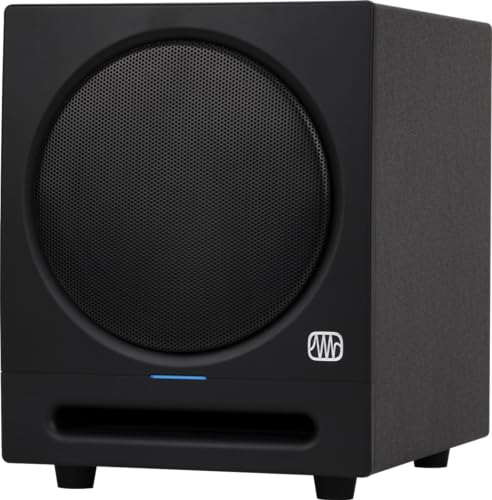Understanding the Basics of Floor Pumps: What They Are and Why You Need One
What is a Floor Pump?
A floor pump is a type of bicycle pump designed primarily for inflating tyres. Unlike hand pumps, which are portable but require effort to operate, floor pumps stand on the ground and use your weight to provide efficient inflation. They typically feature a long handle which allows for a smooth and powerful pumping action, making it much easier to inflate tyres to the recommended pressure.
Why You Need a Floor Pump
Having a floor pump at home is essential for any cyclist. Regularly inflated tyres perform better, last longer, and contribute to a safer ride. If you’ve ever experienced a flat tyre, you know how frustrating it can be to find a subpar pump that takes forever to fill a tyre. A good floor pump allows you to inflate your bike quickly and efficiently, making it a valuable tool for routine maintenance.
Key Features to Consider When Choosing a Floor Pump: Finding the Right Fit for Your Needs
Size and Build Quality
When selecting a floor pump, consider its size and build quality. A sturdy design ensures stability while pumping, and a heavier model won’t topple over easily. Look for a pump made from durable materials; it should resist wear and tear, given that it will likely see frequent use.
Pressure Gauge
A built-in pressure gauge is a crucial feature; it helps you achieve the correct inflation level for your tyres. Some pumps offer analog gauges, while others are digital. We recommend a model with a clear gauge that’s easy to read, helping you avoid over-inflating.
Valve Compatibility
Make sure the pump you choose is compatible with your bike’s tyre valves, which could be either Schrader or Presta. Many modern floor pumps are designed to accommodate both types, making them versatile additions to your cycling gear.
Hose Length and Flexibility
A longer hose provides greater reach, which can be particularly helpful if your bike is in a tight space. Also, a flexible hose reduces strain on the valve when you’re pumping, making it easier to achieve the desired pressure.
Step-by-Step Guide to Using a Floor Pump Effectively: Get the Most Air with Minimal Effort
Preparing the Pump
Start by placing your floor pump on a flat, stable surface. Ensure the pump’s head is set up correctly for your valve type. If your pump has a lever to lock it onto the valve, make sure it’s open before attaching it.
Attaching the Pump to Your Tyre
Next, place the pump head firmly onto the valve of your tyre. For Presta valves, you may need to unscrew the valve cap and press down to open it before attaching the pump head. Close the lever to secure the pump in place.
Inflating Your Tyre
With the pump attached, stand over it and apply your weight to the handle. Push down with steady force; the ergonomics of a floor pump allow for deeper, more effective strokes. Monitor the pressure gauge as you pump to avoid exceeding the recommended pressure.
Final Checks and Removal
After reaching the desired pressure, carefully release the pump head by unlocking the lever. Always check the tyre for any leaks or bulges before replacing the valve cap.
Maintenance Tips for Your Floor Pump: Ensuring Longevity and Optimal Performance
Keeping it Clean
Regularly wipe down your floor pump to prevent dust and dirt buildup, especially on the moving parts. Cleaning it helps maintain its functionality and appearance, ensuring it’s ready for use whenever needed.
Inspecting for Wear
Periodically check the hose and pump head for any signs of wear or damage. Replacing a worn-out hose or head promptly can save you from inconveniences when you’re in need of quick inflation.
Storing Your Pump Properly
When not in use, store your floor pump in a cool, dry place. Avoid placing heavy objects on or near it, as this could damage the pump. Keeping it in a designated area will ensure it’s easily accessible when you need it.
A Quick Comparison of Top Floor Pump Models: Our Recommendations for Every Budget
Budget Models
If you’re on a budget, look for models that are simple yet effective. Many reputable brands offer reliable pumps at lower price points, providing good durability and performance without breaking the bank.
Mid-Range Options
For those willing to spend a bit more, mid-range floor pumps often feature enhanced build quality, better gauges, and additional features like higher pressure capacities and multiple valve compatibility.
Premium Choices
Investing in a premium floor pump typically means you’re getting a highly durable product with advanced features, such as an ultra-precise gauge and faster inflation rates. These models often come highly rated for performance and longevity, making them worth considering for avid cyclists.


















